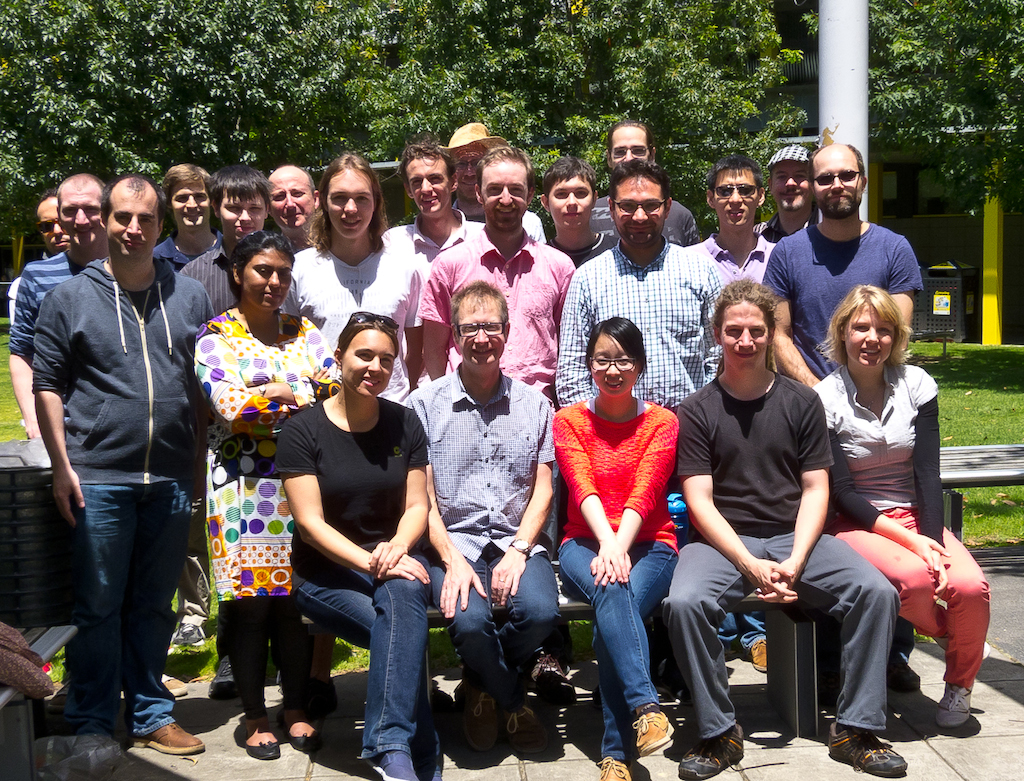Congratulations to MArVL members who were awarded over AUD $1,177,000 in ARC Discovery project funding in the 2014 round. Successful projects are listed below:
DP140100077 — Marriott, Prof Kimbal G; Dwyer, Dr Timothy G; Wybrow, Dr Michael; Li, Dr Yuan-Fang; Schreiber, Prof Dr Falk
Total: $687,000.00
Data is increasingly organised as networks. Visualisation is a key way to understand networks. This project plans to develop a new paradigm for this task. Using modern generic constrained optimisation techniques it will produce layouts for small graphs whose quality is similar to that produced by hand, something that is not possible with current approaches. These algorithms will then be used to visualise large graphs. Instead of simply trying to visualise every node and link in the graph. The project will develop techniques to extract useful subsets or abstractions that are as small possible, yet sufficient to answer targeted queries. The techniques for producing small high-quality diagrams will then be applicable to presenting these focused visualisations.
DP140100058 — Garcia de la Banda, Prof Maria J; Wallace, Prof Mark G; Tack, Dr Guido; Dwyer, Dr Timothy G
Total: $490,000.00
Finding optimum solutions to problems is one of the most common challenges in planning. It pervades all aspects of our social, environmental and economic life. However, designing programs that can solve optimisation problems effectively requires an iterative process that is often extremely challenging, time consuming and costly. For large-scale problems, this process can become impractical. This project will investigate methods to profile and understand program performance. The results will help users to design scalable, efficient optimisation programs. This will in turn allow organisations large and small to reap the benefits of optimisation technology and, thus, make more efficient use of their resources.
